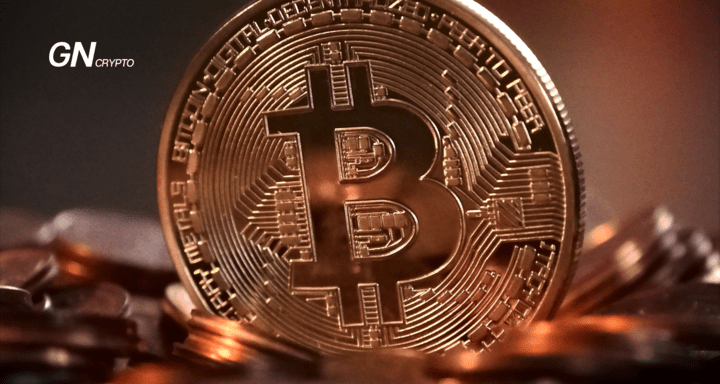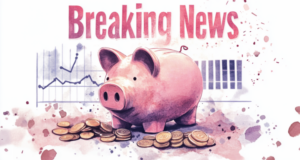Bitcoin Reserve on Binance Hits Its Lowest Since Jan. 2024

According to on-chain data analytics from CryptoQuant, Bitcoin reserves on Binance hit their lowest level since the start of the year.
On this page
According to on-chain data analytics from CryptoQuant, Bitcoin reserves on Binance hit their lowest level since the start of the year.
On December 17, the exchange held around 565,000 Bitcoins.
Based on the chart, Bitcoin reserves began to decline in August, when Binance’s BTC reserves were around 634,000 coins.
Bitcoin Price and Reserves on Binance in 2024. Source: cryptoquant.com. The black line represents the price, while the purple line shows Binance's reserves.
Among the things you'll notice looking at the chart is that the decline in Binance’s Bitcoin reserves aligns with the coin’s price increase.
CryptoQuant technical analyst Darkfost pointed out in an X post that when reserves declined in January, it was after Bitcoin’s 90% rally.
The new low level coincides with Bitcoin hitting a new all-time high of over $108,000.
What does this mean?
According to Darkfost, the declining BTC levels indicate that investors are optimistic about its long-term rally, moving their holdings into cold wallets. This shows that holders don’t plan to sell their coins in the short term.
While there’s potential for positive momentum for Bitcoin to continue, Binance has introduced rewards programs for new users.
By joining the exchange, users can receive a $100 trading fee credit by following these steps:
- Open an account
- Deposit more than $50 within 14 days after registration
- Receive the reward
Note that you’ll need to complete KYC verification and that trading cryptocurrencies involves financial risks.
The content on The Coinomist is for informational purposes only and should not be interpreted as financial advice. While we strive to provide accurate and up-to-date information, we do not guarantee the accuracy, completeness, or reliability of any content. Neither we accept liability for any errors or omissions in the information provided or for any financial losses incurred as a result of relying on this information. Actions based on this content are at your own risk. Always do your own research and consult a professional. See our Terms, Privacy Policy, and Disclaimers for more details.


























